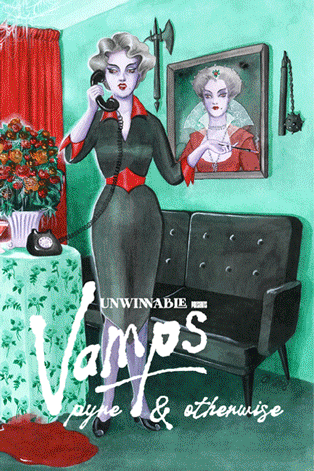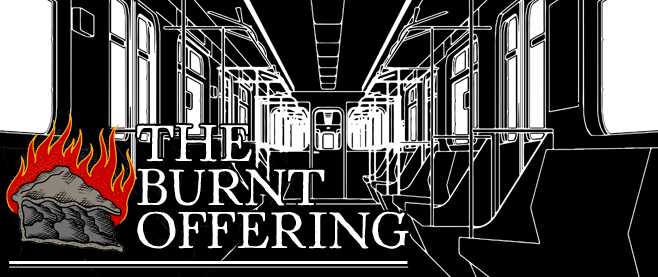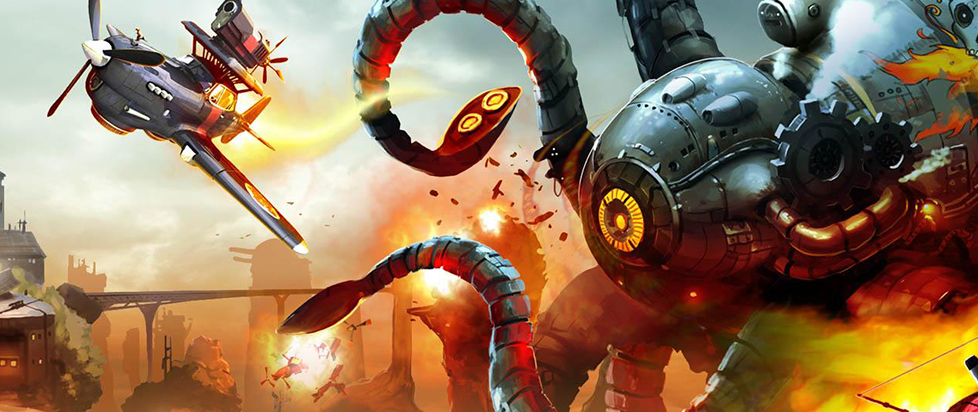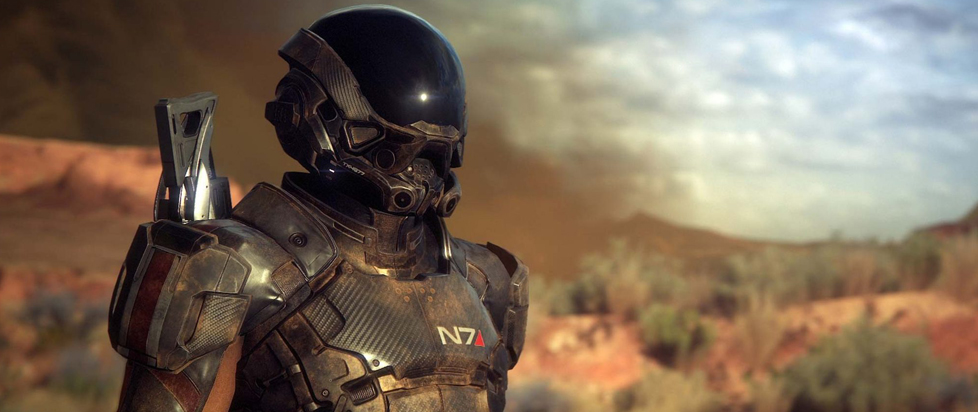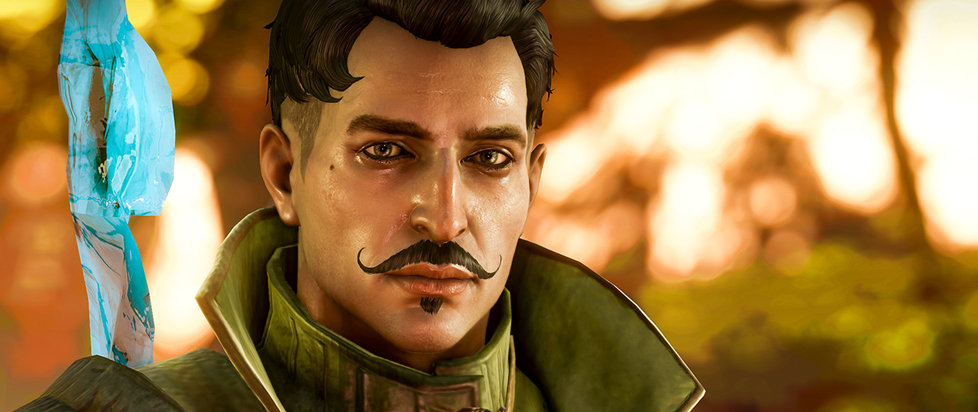
Queer Representation Needs More than a Past
We need more queer representation in games, yet just placing someone who happens to be not heteronormative in your game isn’t enough. A queer person isn’t an island, after all. They belong to support systems and subcultures separate from everyone else even as they interact with non-queer folks outside of those spaces. Games like Dragon Age and Mass Effect, which otherwise feature strong world building and character work, give us half measures of representation, queer people divorced from queer inner life and community. Any hint of a queer life is relegated to a character’s past, while they’re only allowed to be queer in relation to what’s immediately relevant to the player character. Quite frankly, we deserve better, especially given we still struggle to be seen as our authentic selves. We deserve games that treat us like all of who we really are. And we deserve to be all of who we are in the here and now, not as backstories that are easily glossed over.
Up until now, what’s passed for representation is characters that are defined by their queerness, but their queerness is ankle deep. Either their sexuality can be dabbled in by the main player character, or their queerness is a plot point in their past. Being queer is just a bullet point rather than a vital part of who they are as a person. This is a big problem, because it takes away any agency queer characters have and either uses their queerness as a tool for players or a thing to fill in plot points.
A lot of this trend has to do with how game characters are generally written and structured. If you think back to how your party members’ stories are put together in BioWare or new Fallout games, the characters’ concerns are almost always laser focused on the main character’s quest. They don’t have a personal life outside of the group, they don’t take a break from the quest unless the story calls for it. There is only your story. Their past is revealed through dialogue trees, and you’ll sometimes have character-specific quests that shift the focus temporarily to them, but those moments are rare, and the overall design of the story remains egocentric. There’s no room for a present outside of you. There is only a fleeting mention of a past and a future tethered to the player.

This isn’t a problem that’s unique to queer characters. Games in general go out of their way to make everything revolve around the player. But queer characters are especially harmed by this because of the viewpoints from which mainstream games are designed, e.g. from a heteronormative perspective. They just assume that you can drop queer characters into hetero social constructs and to call the work successful. But queer folks don’t tend to fit into those molds when they’re being their authentic selves. Sure, we have survival mechanisms that lets us blend in when we need to, but we also have a long history of creating our own spaces. Kink culture, drag, polyamorous relationships, trans collectives and so many other spheres outside of the heteronormative ones exist, not to mention the social spaces we have to create for ourselves that are just so we can be all of who we are somewhere. But in most games, that’s not what queer means. The only truly queer ideas players are made to grapple with are whether you can have homosexual sex with someone. But we’re not allowed to have a queer life, both inner and outer. The focus remains on the heteronormative viewpoint of the player.
What’s it going to take to finally see all of ourselves existing on the screen like we exist in real life? Mainstream games give us scraps, and even if our very existence wasn’t considered a risk to include, designers would likely not get it right unless someone who understands, and indeed, is part of these subcultures and spaces gets to design these characters uninhibited by fear of risk by big publishers. So, it’s not likely to happen anytime soon, if ever. But like always, we make our own spaces, and the same holds true for games. Indie games and alt games are unbridled by fear of risk more often than not. What’s more, a huge chunk of the indie space wouldn’t exist without queer creators to the point where it’s become a subculture all its own. Until that mythical mainstream acceptance and understanding, we need these spaces carved out for us, even if we have to carve it ourselves. And there’s nothing more queer than that.
